
Elementary Education
Elementary Education
College of Education
Campus Location: Crete
To become a successful elementary school teacher and shape the future of our youth, you need the support of a valuable elementary education program.
Doane’s elementary education program prepares students to teach kindergarten through eighth-grade. A range of field experiences in your sophomore and junior years will help you decide which grade level you would most like to teach.
Students majoring in elementary education must also complete a major or endorsement in middle grades, early childhood, special education, English as a Second Language, Spanish, music, mathematics, science and/or physical education. A coaching endorsement may be added.
Students can also choose to be certfied for pre-kindergarten through 12th-grade in art, music, physical education, and English as a Second Language to complete the elementary major requirements.
The Doane University Education program is known nationwide for its innovative, performance-based approach to teacher education based on a quality model of theory and developmental experiences.
Field Experience/Student Teaching
At Doane, students complete a minimum of 225 clock hours of clinical field experience prior to student teaching.
- This field experience component is designed to engage the pre-service teacher in teaching and learning experiences in PK-12 classrooms during their sophomore and junior year.
- These experiences can include lesson design and implementation, small group facilitation, and one-on-one instruction.
- Student teaching is an extended ten to fourteen week experience in a PK-12 setting where each student has primary responsibility for a classroom during the senior year. Each major or endorsement may extend into an additional student teaching experience.
Teacher Warranty / First Year Mentoring
Doane was the FIRST college/university in the nation to offer a warranty of its teacher education graduates to hiring school districts. The college will provide for first year teachers a Teacher Support System.
- Employing school appoints a mentor
- Area meetings of first year teachers
- Individual site visits / in-person classroom visits
- First year teachers opportunity to enroll in Beginning Teacher Seminar course
Master of Education Degree
Following graduation in the teacher education program, all students extend their training in a summer semester of graduate work.
- 12 credit hours of graduate work
- Graduate classes give Doane students an advantage over other college graduates in credits toward a master's degree (MED)
- Site-based, the MED is offered at numerous locations in Nebraska and online, allowing our students to finish their graduate degree with ease.
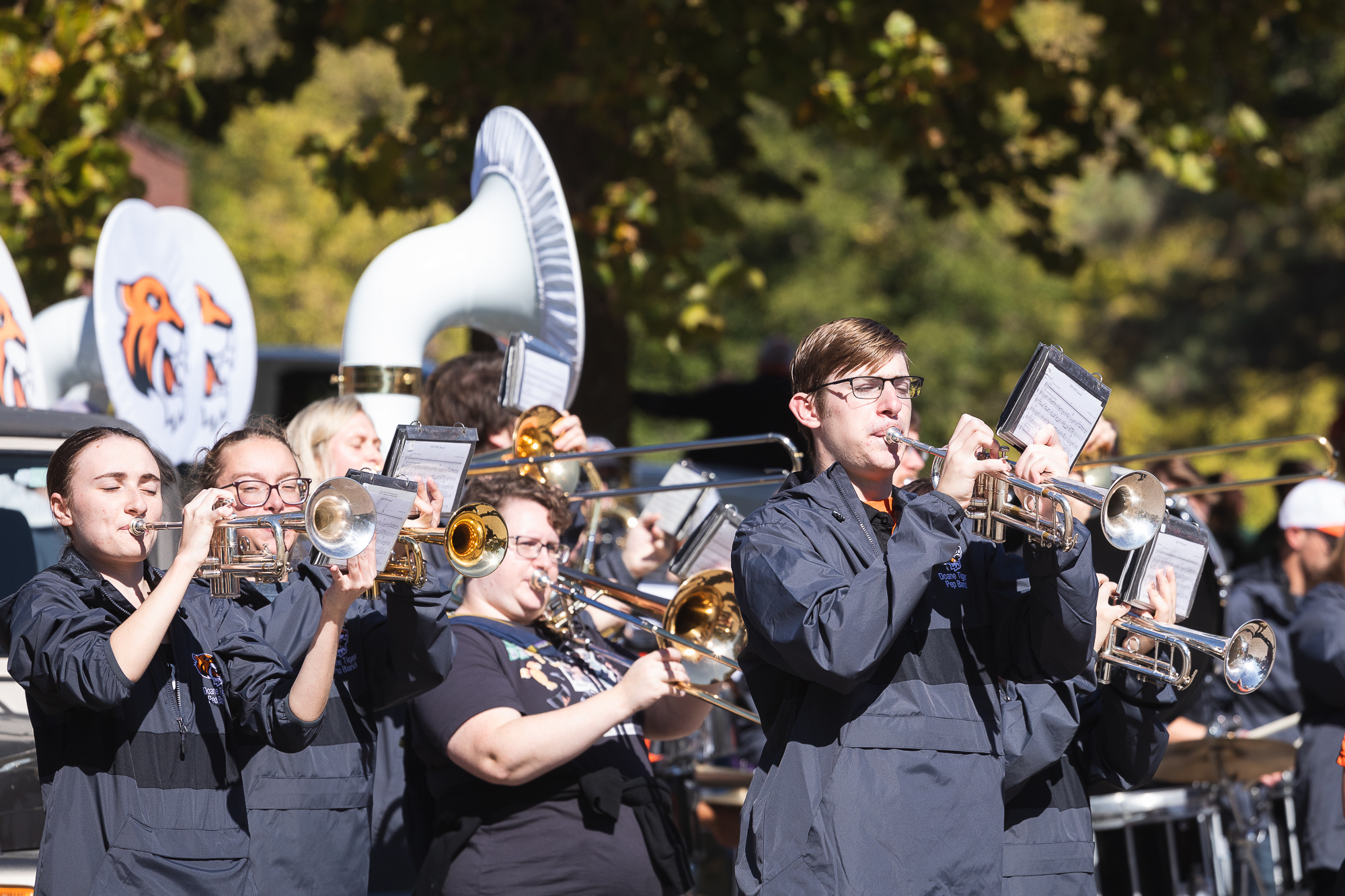
Faculty & Staff
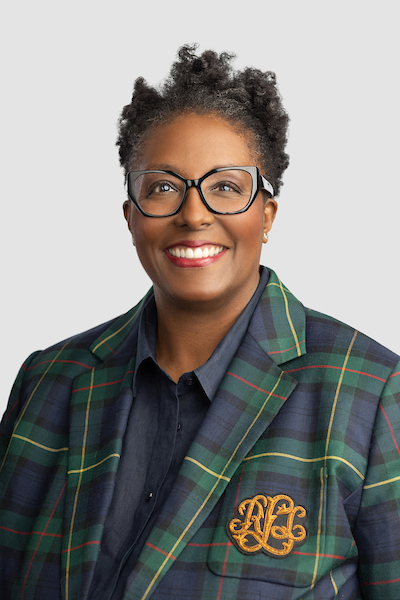
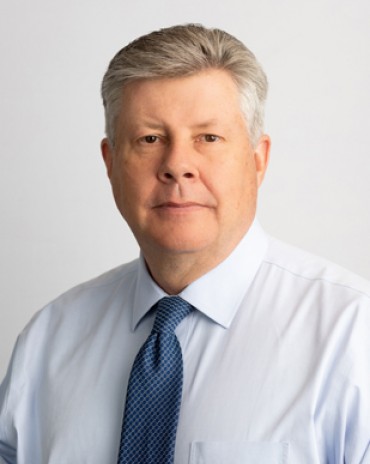
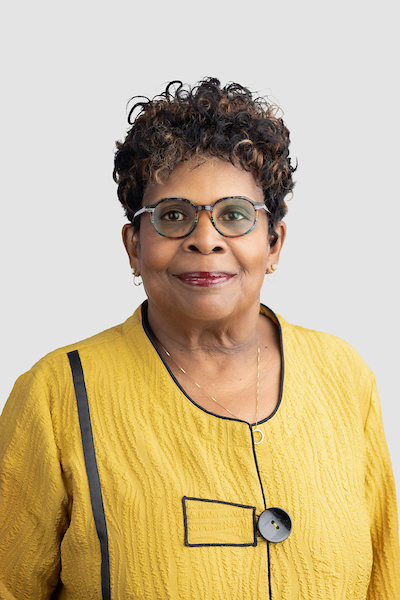

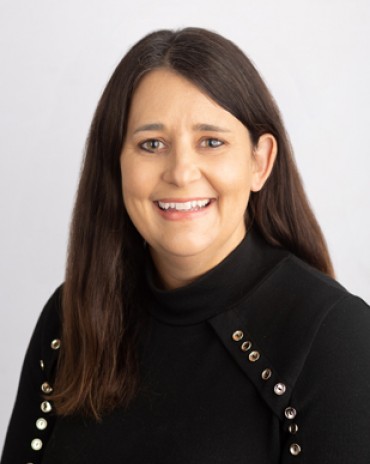

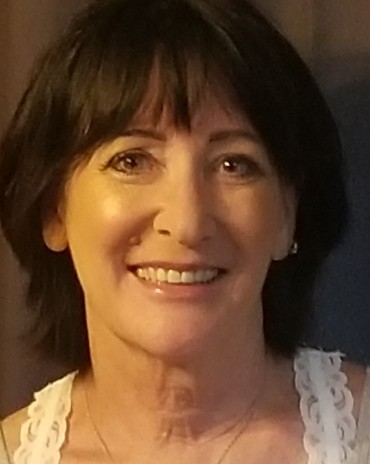
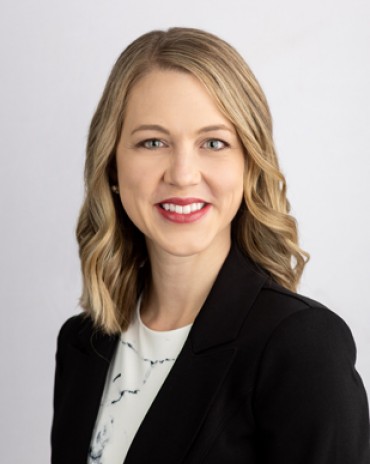

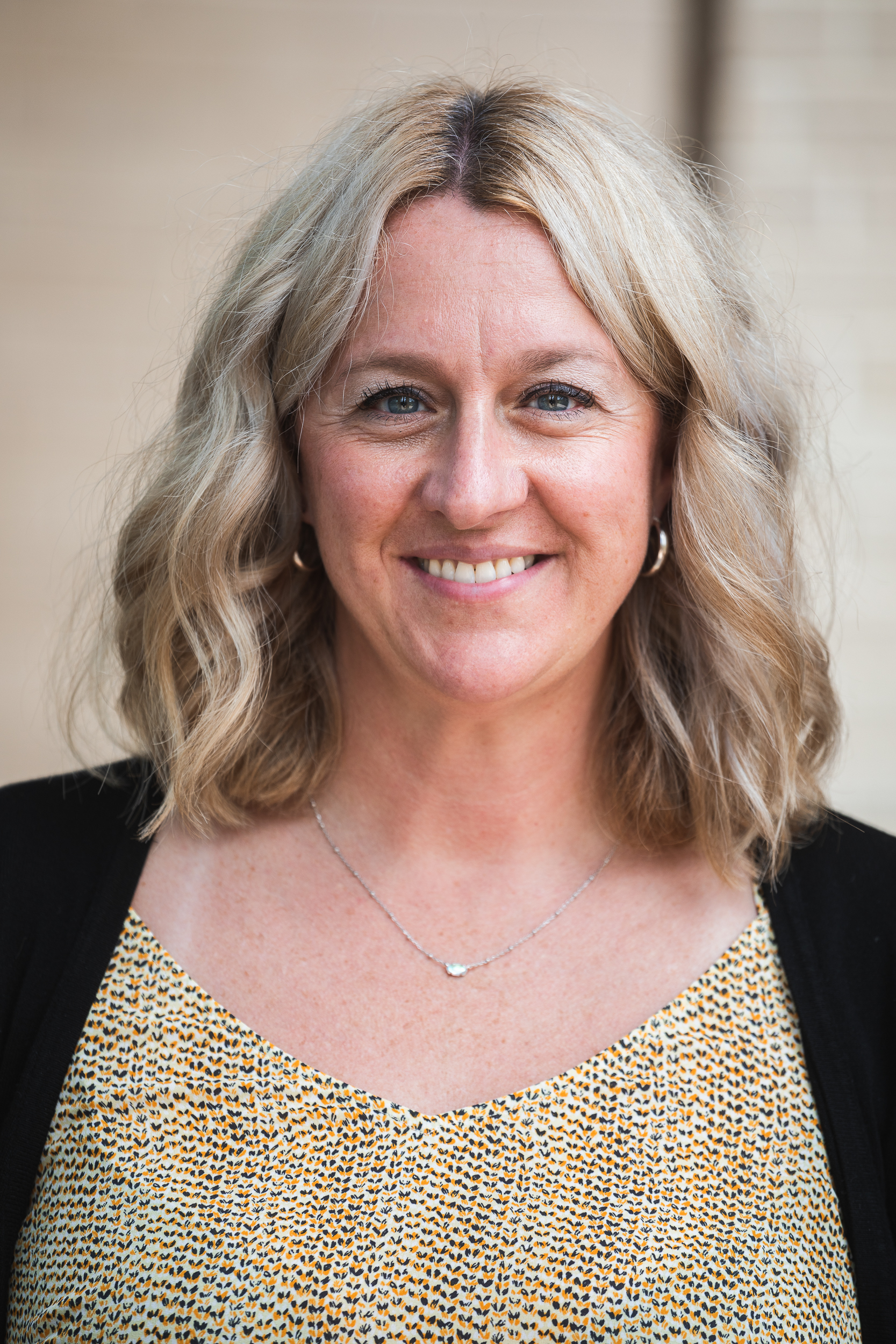
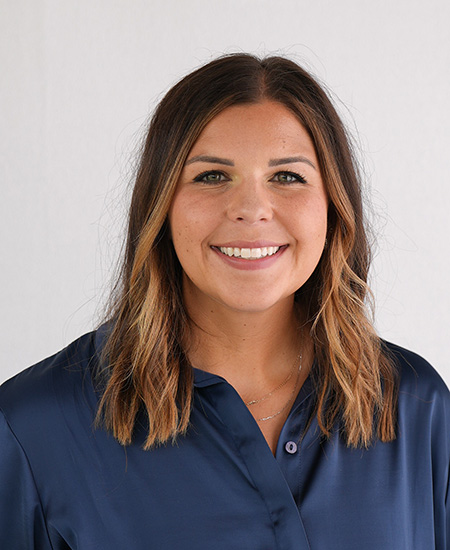

Courses
Learning Environment
The Chab Weyers Education and Hixson Lied Art Building provides new offices and classrooms for Doane's nationally recognized education and art programs. The new building is designed to inspire teaching and learning in a collaborative work environment. Color, texture, lighting and acoustics are used to create a comfortable and enriching setting for students, faculty and staff.
Four customized classrooms on the third level are one of the features of the education portion of the building. These specialized classrooms and adjacent faculty offices will be used for elementary education, special education, middle school education and secondary education. Students can simulate classroom teaching with many of the resources found in the nation's top school districts. Additionally, material-rich support space is found throughout the Education Department for use in preparing their assignments.
Four lecture rooms capable of being combined into one large conference room are available as a campus resource on the second floor of the building. Seating and breakout space can be easily reconfigured for lectures and conferences. This upscale environment provides students and faculty with a venue to plan learning activities complementing classroom instruction.
Learn more about the Chab Weyers Education and Hixson Lied Art Building.

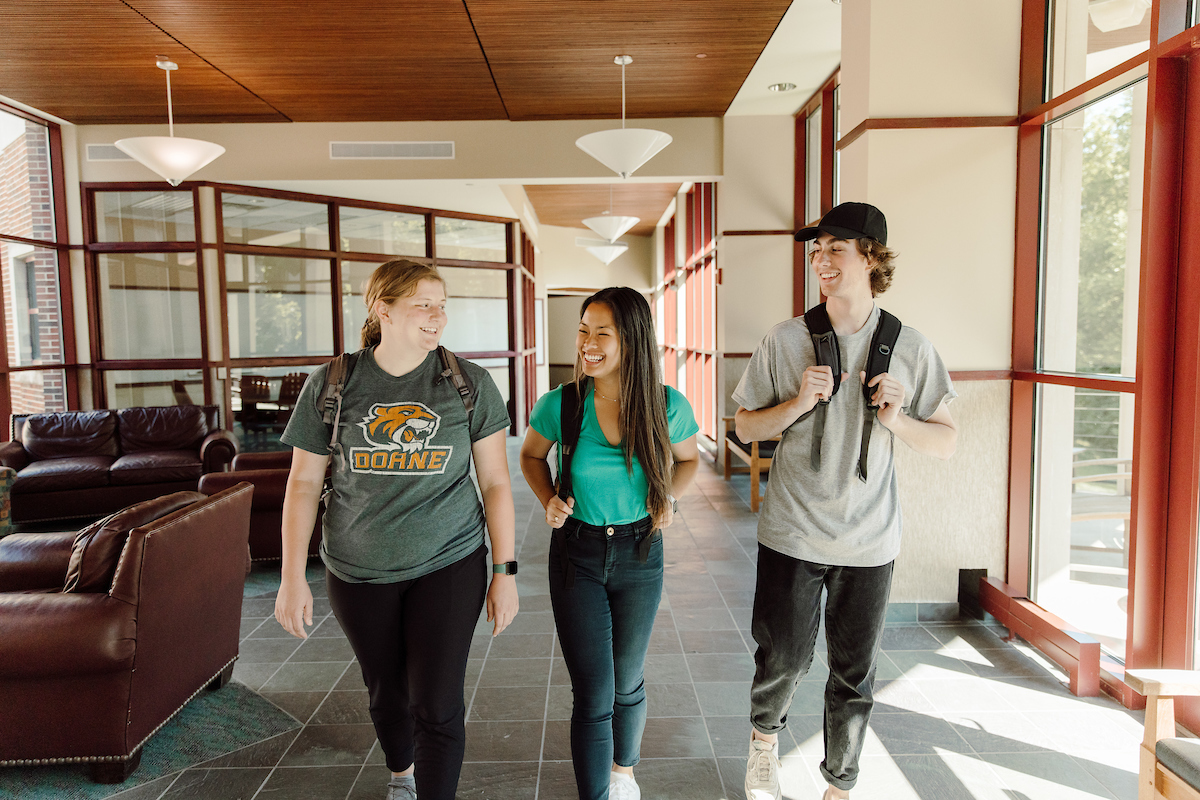
Students studying elementary education will learn a wide range of teaching methodologies, learning theories and educational perspectives. They will be challenged to explore that learning in a variety of educational environments. This diverse curriculum equips future educators with the tools to address the needs of all learners.
Our elementary education program emphasizes the interdependence of educational theory and practice with other disciplines, integrating knowledge and concepts from various fields. By fostering collaboration across programs, we prepare our students to create well-rounded, inclusive educational experiences that reflect the diverse knowledge and skills that empower them to create impactful learning environments.
Students in the elementary education program gain practical skills and knowledge that they can directly apply to solve real-world educational challenges. Through hands-on experiences, such as field placements and community engagement, students learn to address the complexities of education and implement innovative solutions that foster inclusive, supportive, and transformative classroom environments.
Students studying elementary education will learn a wide range of teaching methodologies, learning theories and educational perspectives. They will be challenged to explore that learning in a variety of educational environments. This diverse curriculum equips future educators with the tools to address the needs of all learners.
Our elementary education program emphasizes the interdependence of educational theory and practice with other disciplines, integrating knowledge and concepts from various fields. By fostering collaboration across programs, we prepare our students to create well-rounded, inclusive educational experiences that reflect the diverse knowledge and skills that empower them to create impactful learning environments.
Students in the elementary education program gain practical skills and knowledge that they can directly apply to solve real-world educational challenges. Through hands-on experiences, such as field placements and community engagement, students learn to address the complexities of education and implement innovative solutions that foster inclusive, supportive, and transformative classroom environments.
